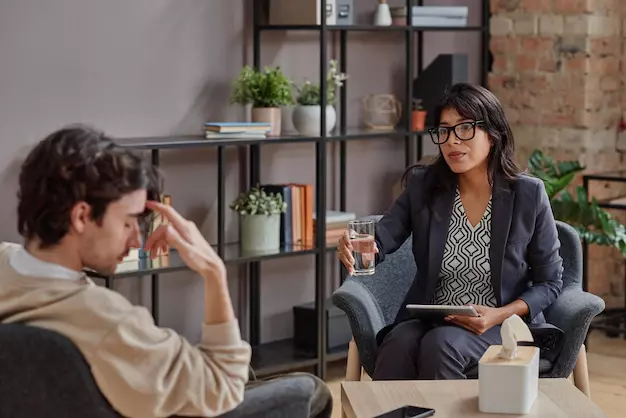
- The Hermitage
-
30/1-30/2, Majitha-Verka By Pass
Amritsar - +91-9814370700
- Bhatia neuropsychiatric Hospital
- Manawala
- +91-98145-70700
It is often assumed that with the end of counseling sessions, the process of counseling ends as well, but this is not true. Follow up counseling holds a crucial role in the treatment process but is many a times ignored by both family and patient. Here this needs to be greatly emphasised that when talking about the disease of addiction, it is not only primary, chronic, progressive but also fatal, if left untreated and for which family and patient needs to work continuously.
According to American Psychological Association (APA), follow-up counseling can be defined as,

After the successful rehabilitation of the client and his departure from the indoor treatment, follow-up counseling continues to provide care to the client and helps in dealing effectively with everyday problems that arise. This form of counseling is a continuation of psychological support and aid provided to the client during his indoor stay and comes with a major goal of helping the client determine that recovery comes in the form of a journey and not a destination.
A journey that sometimes may become difficult and lead to relapses even with best of treatment but with perpetuation of program in the form of follow-up counseling can help with minimal damage. Sadly, with a casual approach of family and patient wherein it is strongly believed that once the rehabilitation is completed, there is no dire need for continuing the treatment program has frequently led to casualty.
We all live in a society where we have come to believe that after treatment, any form of disease just vanishes as we are cured of it but in the case of psychological disorders it is important to understand that they do not just disappear, they need active maintenance. Most psychological disorders are both treatable and manageable and require a skill set to continue to be so. During the counseling sessions, clients have to undergo a controlled environment and are provided with a tool kit to manage their disease whose application in the real world decides the actual further course. Through follow-up counseling sessions, these management skills and tool kits are refined and customized according to the client’s foreseeable circumstances.
Some of the main objectives of follow-up counseling are:

WhatsApp us